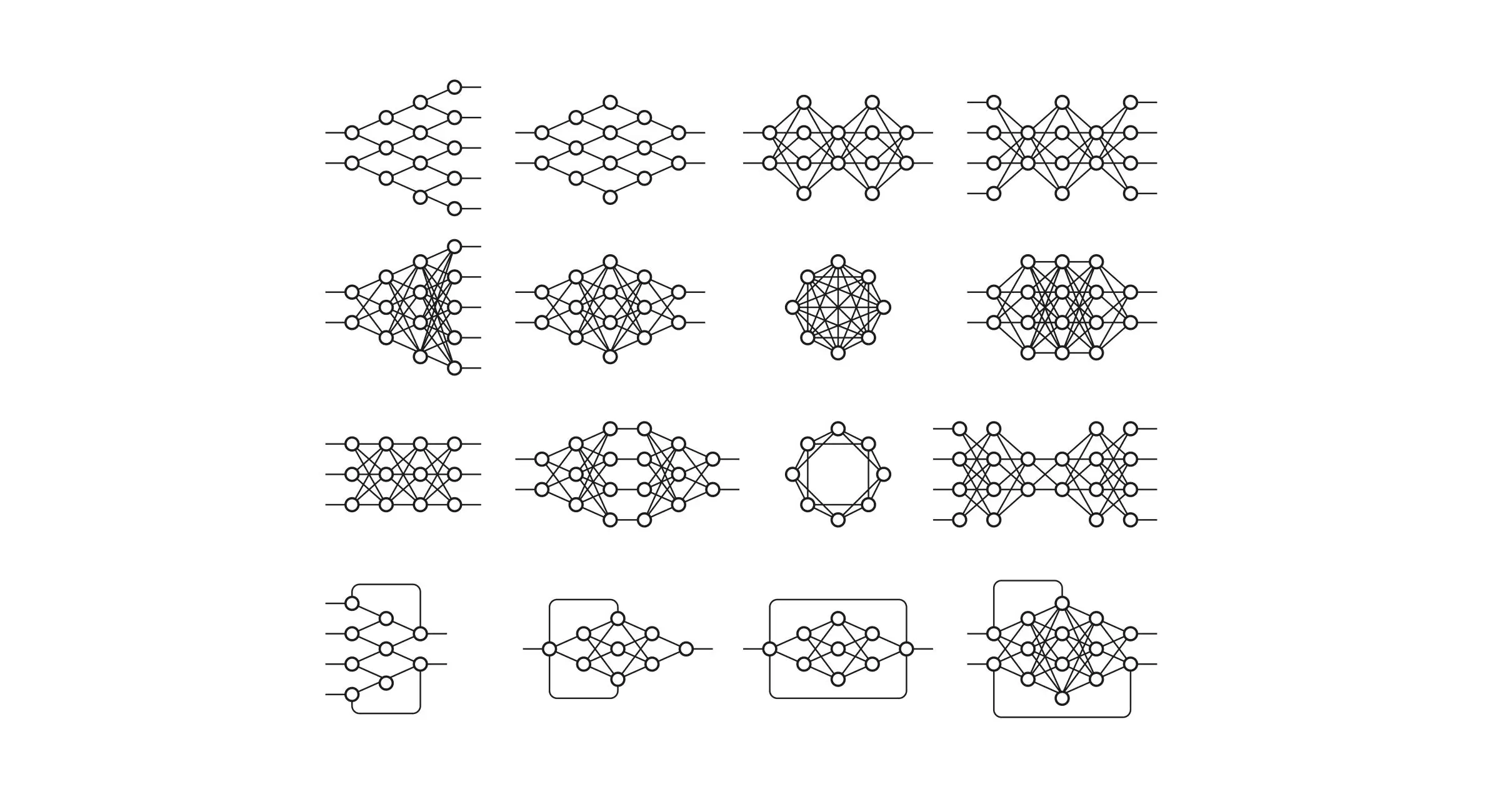132 private links


You've possibly just found out you're in a data breach. The organisation involved may have contacted you and advised your password was exposed but fortunately, they encrypted it. But you should change it anyway. Huh? Isn't the whole point of encryption that it protects data when exposed to unintended parties?
This is a story of how a software company was able to start a conversation with 8x more of their users by cutting the length of their emails by 90%. You could set up a test of this method in less than an hour.
Do you actually use algorithms and data structures on your day to day job? I've noticed a growing trend of people assuming algorithms are pointless questions that are asked by tech companies purely as an arbitrary measure. I hear more people complain about how all of this is a purely academic exercise. This notion was definitely popularized after Max Howell, the author of Homebrew, posted his Google interview experience:
Google: 90% of our engineers use the software you wrote (Homebrew), but you can’t invert a binary tree on a whiteboard so fuck off.
Short walk through Vim's origins and why is Vim so popular today.

Maersk is the world’s largest integrated shipping and container logistics company. I was massively privileged (no pun intended) to be their Identity & Access Management (IAM) Subject Matter Expert (SME), and later IAM Service Owner. Along with tens (if not hundreds) of others, I played a role in the recovery and cybersecurity response to the […]
After receiving a trove of documents from the whistleblower, I found myself under surveillance and investigation by the U.S. government.
An online roster and genealogy of 8945 programming languages from the 18th century to the present, featuring 7,800 influence links and over 11,000 citations.
In Norway, way up by the Arctic circle, global warming is already affecting people and nature. Here's how.
Then some little smarty decided that the operating system shouldn’t have all the fun and that developers should be able to create exception conditions and use this new architecture themselves, and in what is likely one of the worst things to ever happen to software development until pair programming came along, extended the new architecture with throw...
Speaking as a maintainer of Mercurial and an avid user of Python, I feel like the experience of making Mercurial work with Python 3 is worth sharing because there are a number of lessons to be learned.
This year I sent out quite a few proposals to the majority of mobile conferences in Europe. Some ignored me, the others replied with automated rejections. However, some accepted and it was fun. Here is what I've learned on the way.
A distanza di cinquant’anni dalla strage di Piazza Fontana, l’Italia è ancora sovrastata dalla stessa cappa di disinformazione: “la strategia della tensione” che, portata avanti dallo Stato o perlomeno da ampi settori dello Stato, avrebbe dovuto facilitare una “svolta a destra” della politica, fermando l’avanzata del PCI nel mondo bipolare della Guerra Fredda. La strage di Piazza Fontana fu invece l’inizio di una campagna destabilizzante contro l’Italia che, dalla Libia alla Somalia, stava guadagnando molte posizioni internazionali cavalcando il “terzomondismo”. Le bombe cessarono nei primi anni ‘90 perché, distrutti la Prima Repubblica e lo Stato imprenditore, non servivano più.
Thirty years ago, Cliff Stoll published The Cuckoo's Egg, a book about his cat-and-mouse game with a KGB-sponsored hacker. Today, the internet is a far darker place—and Stoll has become a cybersecurity icon.
I read this book when I was young. Still remember the atmosphere :-)
With more than one million copies in print, “The Art of Computer Programming” is the Bible of its field. “Like an actual bible, it is long and comprehensive; no other book is as comprehensive,” said Peter Norvig, a director of research at Google. After 652 pages, volume one closes with a blurb on the back cover from Bill Gates: “You should definitely send me a résumé if you can read the whole thing".
